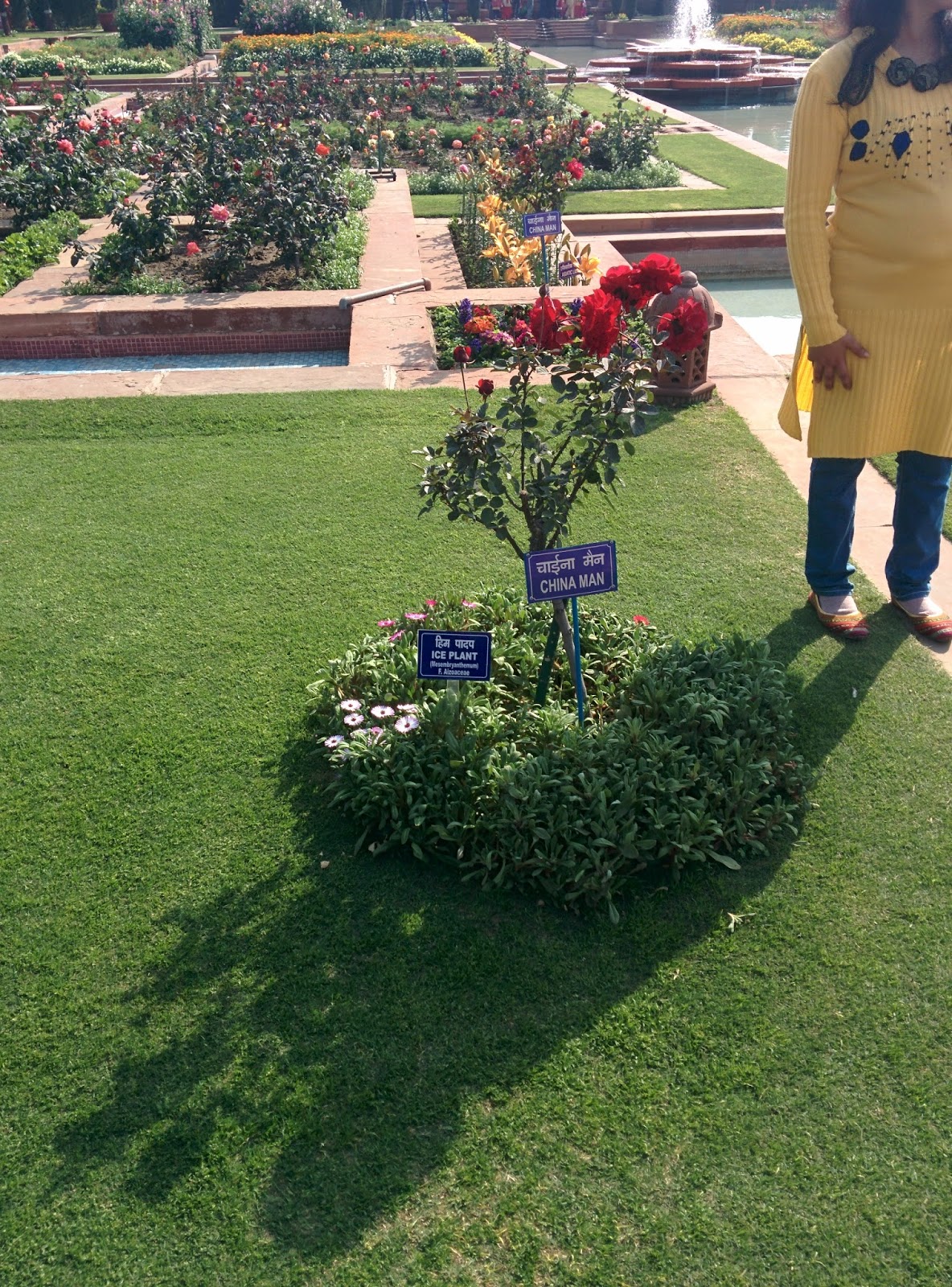Except for a brief period in my life, I have lived a life of vegetarianism. As of today, for both ethical and spiritual reasons, I am vegetarian. I am not sure, but I think I have tasted beef once (outside this country). I did not like it. But then again, I have never really got used to non-vegetarian food. But that does not mean that I will kill you if you eat beef. Or stop you from eating beef. Please lead your life the way you want - based on your desires and the consequences of your actions.
But I would like it if you please don't mix politics and religion. Theology from politicians will always be focussed on creating a voter support. It will rarely be for the goals that religion aims to achieve. No politician will talk of oneness of his supporters and opposers. But almost all religions talk of the unity of all people. It is the politicisation of religion (by politicians and sometimes by religious leaders) that creates conflict. Though, in the true sense of the term, any religious leader doing such things would be more of a politician and less of a religious leader.
If anyone (politician or otherwise) tells you that its Hindu to do this and not Hindu to do that, please don't accept his/her word at face value. Please do your research. There are plenty of books on the subject, if you are genuinely interested (for example, History of Dharamasatras by PV Kane). Don't believe me, don't even believe Gandhi. Go to the scripture, read the commentary and judge for yourself. That is if you are interested. If you are used to second hand knowledge and you usually accept other peoples views as your views, then skip the research and live a second hand life.
A corollary to that is please don't comment on Hinduism or for that matter any religion or anything, without having an idea of what the faith or institution preaches or is about. So don't comment on the Vedas or their origin or their contents without having even the slightest idea what they are about. Read a digest on the subject and perhaps then you are qualified to comment.
If you find that a particular practice is inhumane, a waste of resource or not compatible with fundamental rights, you are right to question it. But don't stop there. Every question that is worth asking is worth answering. Find out how the practice started, what is its relevance, why it should be scrapped and can there be an alternative.
Also maintain consistency in your questioning. If you think pouring milk over an idol is a waste because there are hungry children, then so is pouring beers at a party when there are thirsty children. If immersing idols in a river causes water pollution then so does waste poured by leather tanneries. If blasphemy is freedom of expression, then religious rituals are also freedom of expression. Uphold the rules of "harm principle" and "fair comment" on either side of the fence. I usually find these lacking in criticisms of faith/religion.
I am not saying that the practices of religion are okay because there is another equal evil. But that, when you point a finger at someone, there are three fingers that are pointing at you. Maybe, your outrage is justified. But my plea is that you channelise that outrage into something productive. No one is going to come and do the dirty work for you. You will only have to do it. By all means, question the practices of others. But remember, that the questioning doesn't absolve you of your duties. If you see an evil happening and it disturbs you, go and correct it yourself.
I can't tell you how to lead your life. I am no expert or authority on the subject. These are just my suggestions and I can only hope that they will yield good results.
Narayan Narayan!
But I would like it if you please don't mix politics and religion. Theology from politicians will always be focussed on creating a voter support. It will rarely be for the goals that religion aims to achieve. No politician will talk of oneness of his supporters and opposers. But almost all religions talk of the unity of all people. It is the politicisation of religion (by politicians and sometimes by religious leaders) that creates conflict. Though, in the true sense of the term, any religious leader doing such things would be more of a politician and less of a religious leader.
If anyone (politician or otherwise) tells you that its Hindu to do this and not Hindu to do that, please don't accept his/her word at face value. Please do your research. There are plenty of books on the subject, if you are genuinely interested (for example, History of Dharamasatras by PV Kane). Don't believe me, don't even believe Gandhi. Go to the scripture, read the commentary and judge for yourself. That is if you are interested. If you are used to second hand knowledge and you usually accept other peoples views as your views, then skip the research and live a second hand life.
A corollary to that is please don't comment on Hinduism or for that matter any religion or anything, without having an idea of what the faith or institution preaches or is about. So don't comment on the Vedas or their origin or their contents without having even the slightest idea what they are about. Read a digest on the subject and perhaps then you are qualified to comment.
If you find that a particular practice is inhumane, a waste of resource or not compatible with fundamental rights, you are right to question it. But don't stop there. Every question that is worth asking is worth answering. Find out how the practice started, what is its relevance, why it should be scrapped and can there be an alternative.
Also maintain consistency in your questioning. If you think pouring milk over an idol is a waste because there are hungry children, then so is pouring beers at a party when there are thirsty children. If immersing idols in a river causes water pollution then so does waste poured by leather tanneries. If blasphemy is freedom of expression, then religious rituals are also freedom of expression. Uphold the rules of "harm principle" and "fair comment" on either side of the fence. I usually find these lacking in criticisms of faith/religion.
I am not saying that the practices of religion are okay because there is another equal evil. But that, when you point a finger at someone, there are three fingers that are pointing at you. Maybe, your outrage is justified. But my plea is that you channelise that outrage into something productive. No one is going to come and do the dirty work for you. You will only have to do it. By all means, question the practices of others. But remember, that the questioning doesn't absolve you of your duties. If you see an evil happening and it disturbs you, go and correct it yourself.
I can't tell you how to lead your life. I am no expert or authority on the subject. These are just my suggestions and I can only hope that they will yield good results.
Narayan Narayan!
Lord Narayan in the cosmic ocean
Image Source : http://gaudiyahistory.com/wp-content/uploads/2011/09/Madhvacharya-6.jpg
































